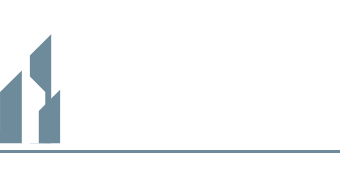Each week, ICBA’s Jordan Bateman reflects on what we’ve learned as we participate in ICBA’s Workplace Wellness Program. This program is free for all ICBA members – check out icba.ca/wellness for details.
Growing up in the 1980s, alcoholism and drug addiction were unfamiliar topics for me. School visits from well-meaning DARE volunteers, the Reagan “War on Drugs”, “This is your brain on crack” fried egg commercial: this shaped my views on addiction. I was taught addiction was a moral failing or a sign of a weak character.
That simply is not true.
There are all sorts of reasons why and how people become addicted, but it often comes down to managing or avoiding pain. As we’re learning in this week’s Wellness reading, there are genetic factors that predispose certain people to the addictive properties of drugs, and rough family environments can also up the likelihood of addiction. Then there are mental health issues, and the need for coping mechanisms.
Five years ago, I had a bad leg injury and the hospital doctors and surgeons gave me morphine and fentanyl for the pain. Those drugs felt good – and they’re supposed to! I can totally understand why people use and abuse painkillers, especially if they are in physical or emotional pain.
Using them can turn into addiction quickly. I was fortunate; my leg healed, the pain subsided, and I didn’t need the medication after I left the hospital. But I can understand the desperation that injured people might feel.
The Canadian Mental Health Association says approximately 21% of Canadians (about 6 million people) will meet the criteria for addiction in their lifetime.
If you’re needing help with an addiction today, please call the 24-hour B.C. Alcohol and Drug Information and Referral Service toll-free from anywhere in B.C. at 1-800-663-1441.
ICBA’s Workplace Wellness Program is helping more than 50 companies, and thousands of construction professionals, better understand mental health. The program is free for ICBA members — see icba.ca/wellness.
